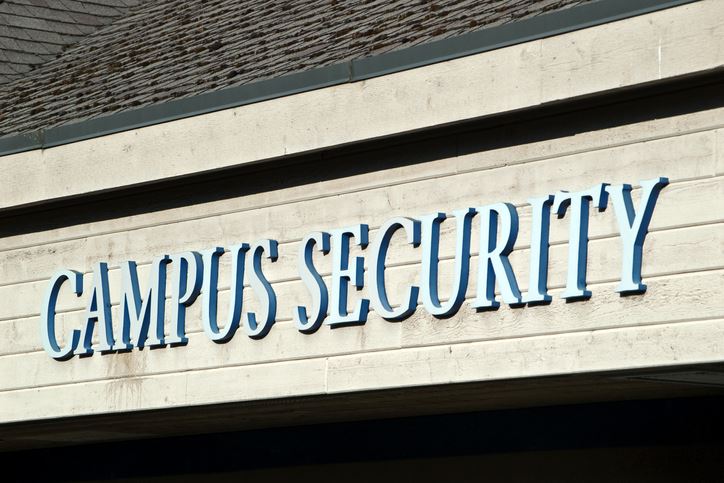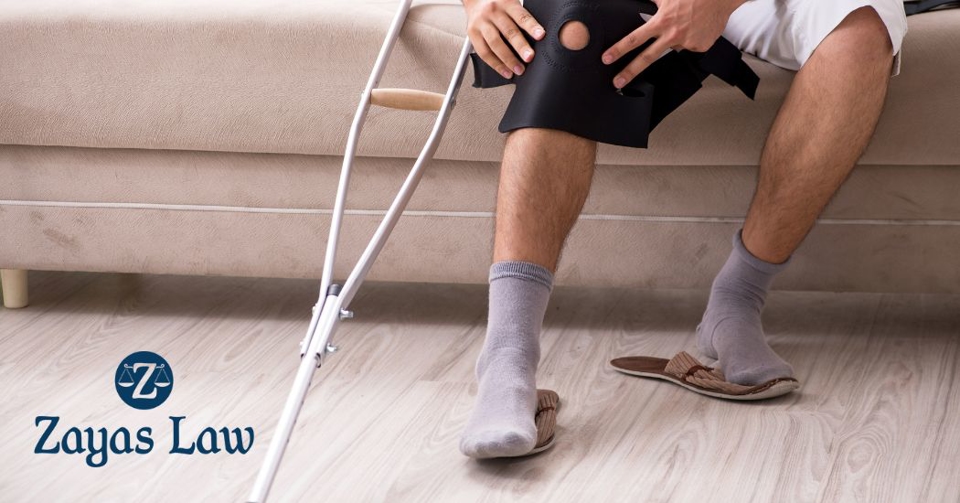When we think of college campuses, we envision bustling quads, libraries filled with studious scholars, and a sense of community that fosters growth and learning. Yet, beneath this idyllic facade lurks an often-overlooked threat – negligent security. A rising concern in today's increasingly complex society, negligent security claims are becoming all too common in our places of higher learning.
But what exactly are negligent security claims? Simply put, these are legal claims made by individuals who have suffered harm as a result of inadequate security on a property. These claims hinge on the argument that the property owner - in this case, the college or university - failed to provide reasonable security measures, thereby leading to preventable harm.
In the context of a college campus, this could mean insufficient lighting in parking lots, lack of security personnel at key locations, improperly maintained buildings, or even failure to respond appropriately to known threats. Any of these oversights can lead to devastating incidents, from theft and assault to tragic fatalities.
Campus Safety Lawsuits: Suing a College or University for Negligence
Legally, private universities and colleges are akin to private businesses. They can be held accountable for not ensuring the safety of their students, staff, and visitors, just like any other business. So, most often, victims of negligent security at a private university or college have the right to file a campus safety lawsuit against the institution.
However, there's an exception. Some private institutions are defined as charitable institutions, which might make them immune from legal liability. The immunity level depends on the jurisdiction laws where the institution resides. Some jurisdictions provide full immunity to charitable institutions, rendering them lawsuit-proof, while others grant partial or no immunity.
So, if a private college or university is categorized as a charitable institution and the jurisdiction laws offer full immunity, you cannot sue the institution for negligent security incidents. But if the institution isn't recognized as a charitable institution or the local laws don't offer immunity, victims can sue them.
Filing a lawsuit against a public university or college for negligent security incidents is more complicated. These institutions are usually viewed as government entities, not private businesses. Therefore, whether you can sue a public university or college depends on the state laws where the school is situated.
Determining Liability: Factors to Consider
Several factors are taken into account when determining whether a school can be held liable for injuries due to inadequate security, including:
- Foreseeability. Was the crime or injury foreseeable? If similar incidents have occurred on the campus before, the school has a responsibility to take preventive measures.
- Security measures. Were there adequate security measures in place, such as sufficient lighting, security personnel, surveillance cameras, and properly maintained facilities?
- Negligence. Did the school fail to take reasonable steps to prevent the incident?
- Causation. Did the lack of adequate security directly lead to the injuries sustained?
Get Legal Counsel
Since our establishment in 1990, Zayas Law Firm has committed our practice to helping our clients pursue compensation in personal injury matters, including premises liability cases. If you or a loved one suffer injuries because of inadequate security, our team can discuss your legal options and help you pursue compensation.
Schedule an initial consultation with our personal injury attorneys today. Call (860) 854-9156.




